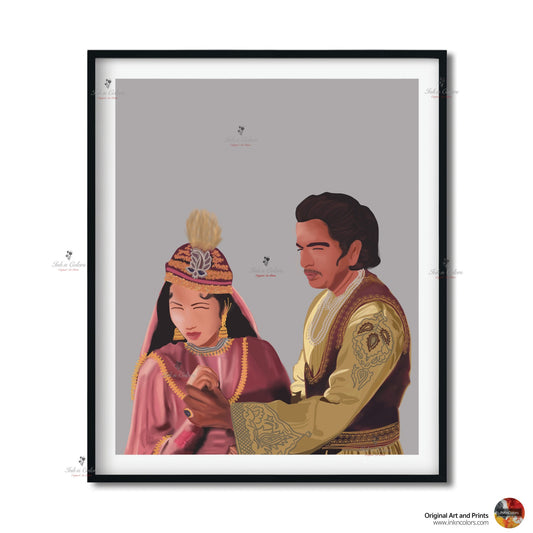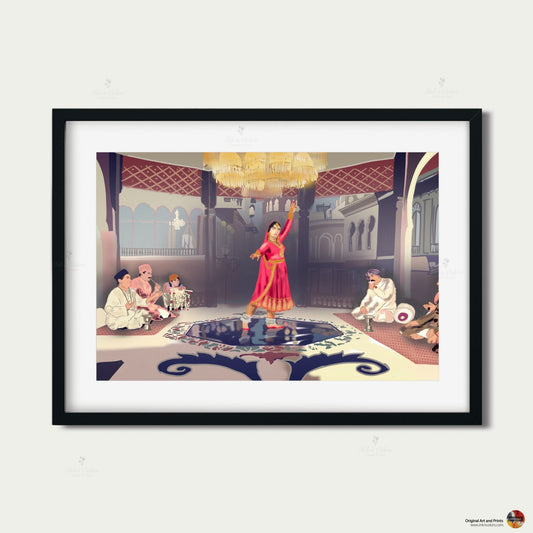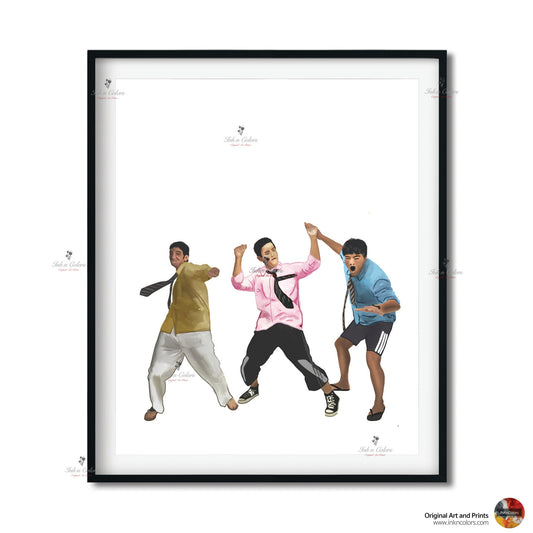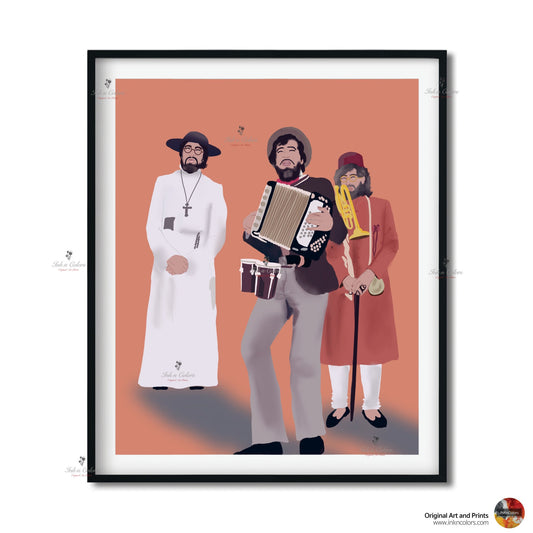Magic of Dilwale Dulhania Le Jayenge

Share
I didn’t grow up in a mustard field. But when I first watched Simran run across it, arms wide, I knew exactly what she was chasing.

Not as fan art. But as a way to freeze time.
Because DDLJ was never just a film. It was the smell of your mother’s cooking in a foreign kitchen. The sound of Asha Bhosale bleeding from cassette tapes. The first time you felt seen.


DDLJ and Maratha Mandir
No conversation about DDLJ is complete without mentioning Maratha Mandir. That single-screen Mumbai theatre, where the film ran for over 25 years—1,274 weeks straight. It became a pilgrimage site, a monument of nostalgia. People went to Maratha mandir for time travel.

Kajol and Shah Rukh: Chemistry we still can’t decode
There’s something magical, almost irrational, about the way SRK and Kajol light up the screen together. Maybe it’s the softness with which Raj looked at Simran. Or the fire Kajol brought to Simran’s silent defiance.

Even Shah Rukh’s ‘lover boy’ trope had nuance. He was playful, yes. But there was vulnerability. Raj wasn’t just trying to win Simran, he was trying to earn the right to love her, in front of her father. Maybe that’s the part shaped by SRK’s own loss of his father early in life. That constant yearning for approval, for acceptance.

DDLJ tapped into a universal desire—especially among the diaspora—to be seen in love without guilt. The NRI audience saw their own lives reflected: Western freedoms on one side, and Indian values on the other.

A Cultural time capsule
The 90s were a strange decade. Liberalization had just hit India. Cable TV was new. MTV had arrived. And suddenly, Bollywood had a whole new audience—the NRIs who missed the smell of mango pickle and the sound of Asha Bhosale in the background.

And at Inkncolors, we try to bottle that home feeling into frames. Like this Mehendi scene artwork. That moment of collective joy, the noise, the color—it’s all there. When I painted it, I wanted to capture that chaos and beauty that only a 90s Bollywood wedding song could have. The kind that makes you want to dance and cry.
And 29 Years Later…
DDLJ was never a film. It’s a ritual. It’s the reason we still believe in love. It’s the comfort food of cinema—the thing we go back to when the world feels too fast, too harsh, too much.
Every time someone asks what your favorite Bollywood film is, you probably hesitate.
But if you close your eyes and remember that first train scene—if you hear “Ho gaya hai tujhko” playing in your head, you’ll know.
It’s always been DDLJ.
Want to remember it your way?
Browse DDLJ-inspired prints and more Bollywood memories at Inkncolors on Etsy. Because some scenes deserve more than memory—they deserve a frame.







